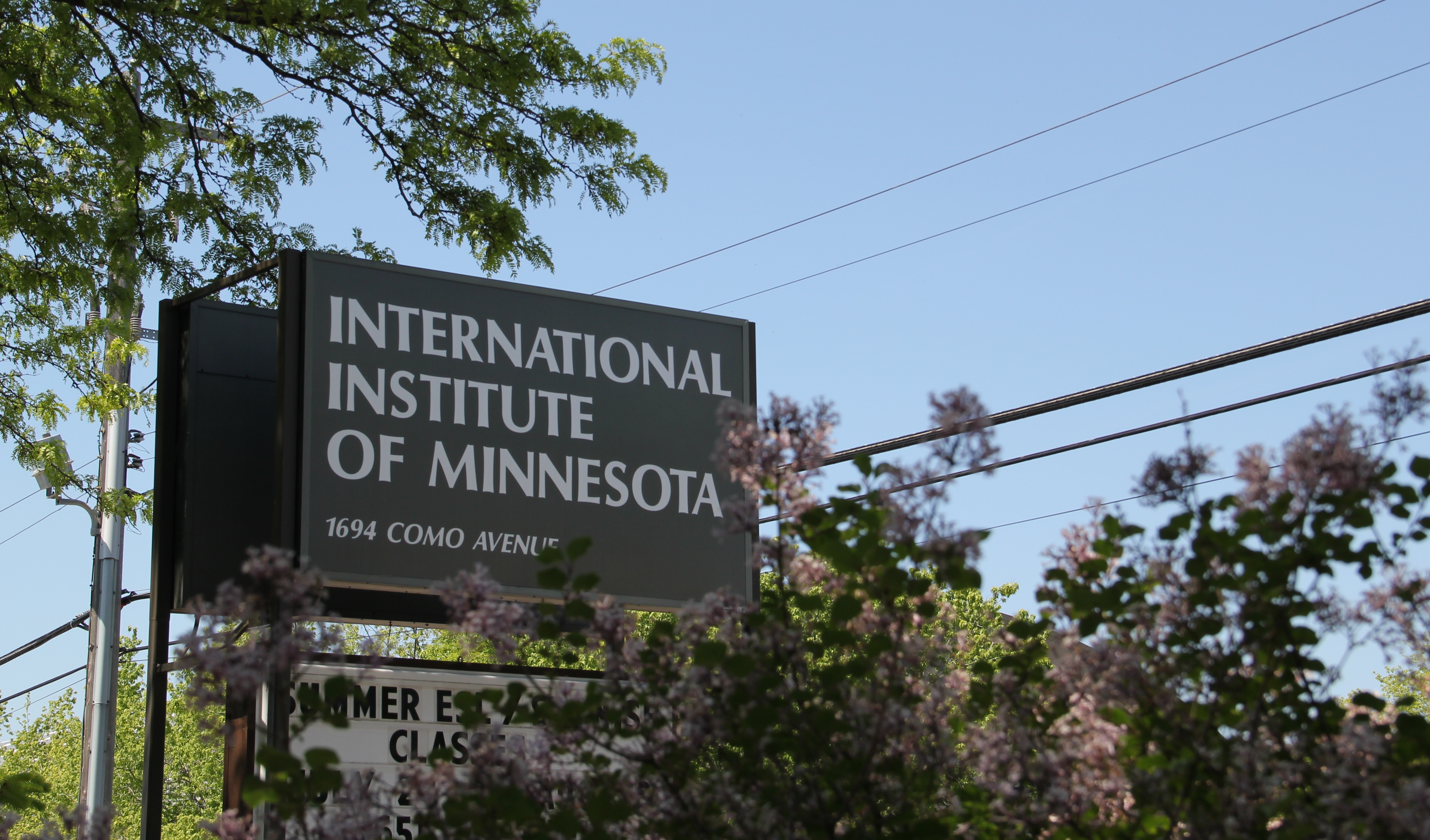
One of the first places refugees resettling in the Twin Cities can turn to for support is the International Institute of Minnesota, which offers classes and other resources to help them become self-sufficient.
But without a driver’s license or a strong sense of geography, getting to the institute’s St. Paul offices can be a challenge.
To help refugees find their way, the institute matches new arrivals with volunteers who visit their home and then ride with them to and from the institute on transit.
Lately, some of those guides, known as “Bus Buddies,” have had an especially strong aptitude for transit.
A partnership between the institute and Metro Transit led representatives from the Transit Information Center to begin serving as Bus Buddies earlier this year. After an initial pilot phase, representatives are now regularly working as Bus Buddies.
The first TIC representative who worked with refugees was Tariq Muwahid, whose father had to find his way in Minnesota after moving from the West Bank to the United States.
Over the course of a few months, Muwahid worked with refugees from Ukraine, Liberia, Sierra Leone and Pakistan, among other countries. Only one of the individuals spoke fluent English and none had any local transit experience.
“Hand signals, pictures, drawings, translator apps – you did whatever you could to communicate the point,” Muwahid said.
There was a lot to communicate, too.
All the refugees Muwahid worked with needed to transfer at least once during their trips to the institute, which is near the Minnesota State Fairgrounds.
During their trips, Muwahid described where to transfer, how to read overhead signs, maps and schedules and how to buy fares. Refugees who provided feedback to the institute said the support allowed them to in turn help family members and figure out how to get other places on their own.
Seeing refugees experience transit not only helps the newcomer but allows staff to understand how information can effectively be conveyed to first-time riders, especially those facing language barriers.
Metro Transit recently developed an illustrated how to ride guide and Customer Advocates are building on past work with the institute by developing a
curriculum for volunteer Bus Buddies.
Natalie Moorhouse, the institute’s Refugee Corps Volunteer Coordinator, said teaching refugees how to get around on their own is a critical first step toward
independence.
“It makes quite a big difference,” she said. “It builds confidence and also helps them really feel like they’re a part of their new community.”
There’s a large need for such support, too. The institute serves nearly 4,000 people a year while Minnesota is home to 13 percent of the country’s
refugees – the largest per capita population in the U.S.
A refugee is someone who has fled their home country because of “a well-founded fear of persecution because of their race, religion, nationality, membership in a particular social group or political opinion.”
Muwahid didn’t ask or learn much about the circumstances that brought the refugees he worked with to Minnesota. But by the end of their trips, he said, it was evident that they were thankful and more at ease.
“These are some of the first interactions they have with anyone in the U.S., so you have a chance to make a big impression,” he said.
Learn more and get involved
Individuals who are interested in volunteering as a Bus Buddy should contact the International Institute of Minnesota. For more information visit iimn.org.